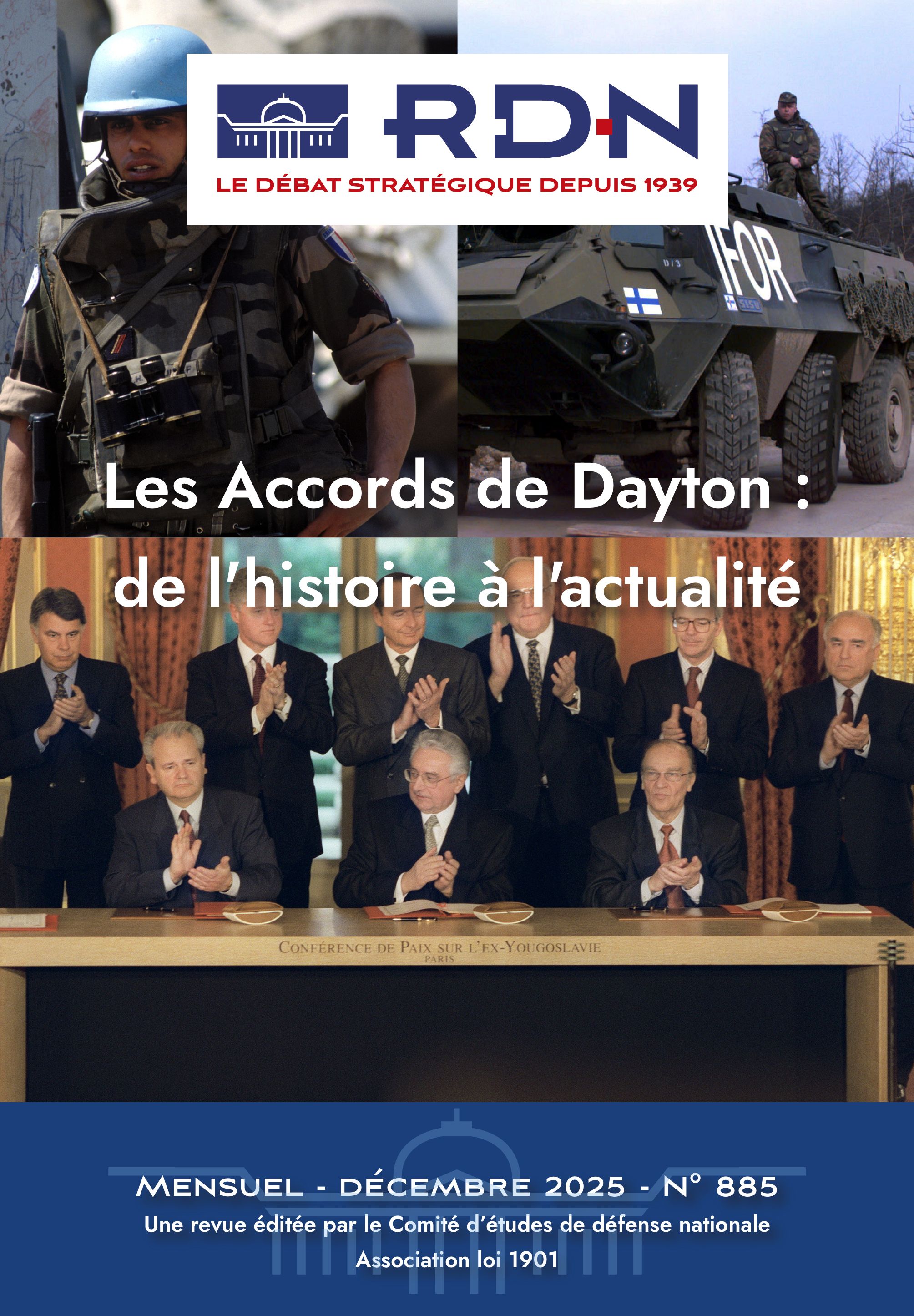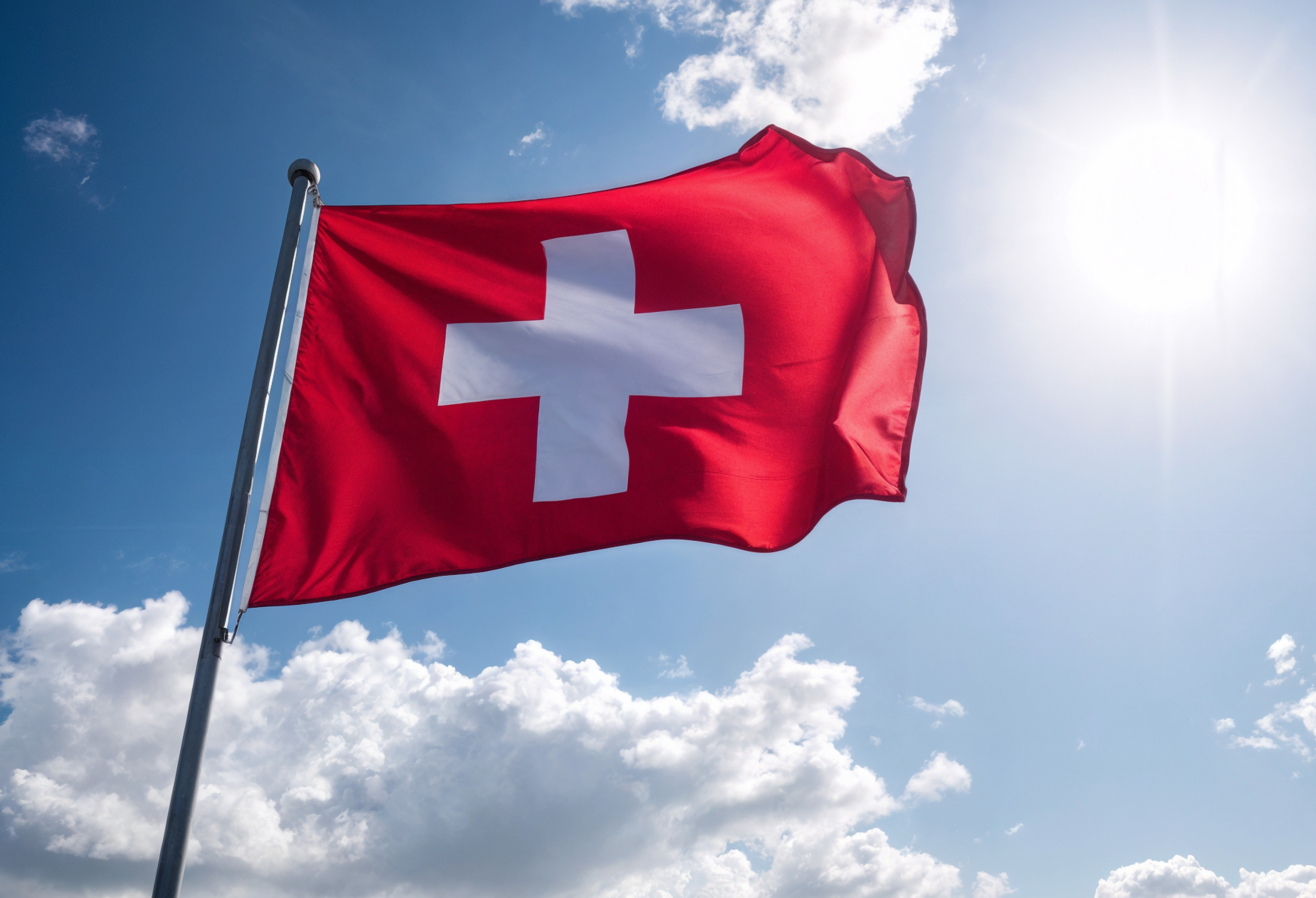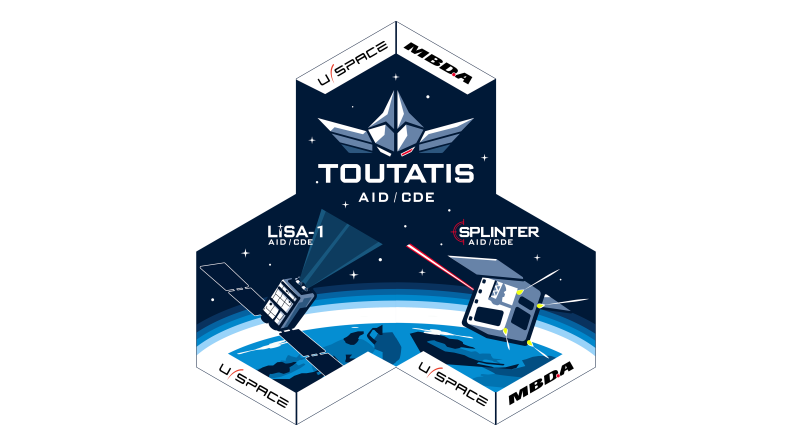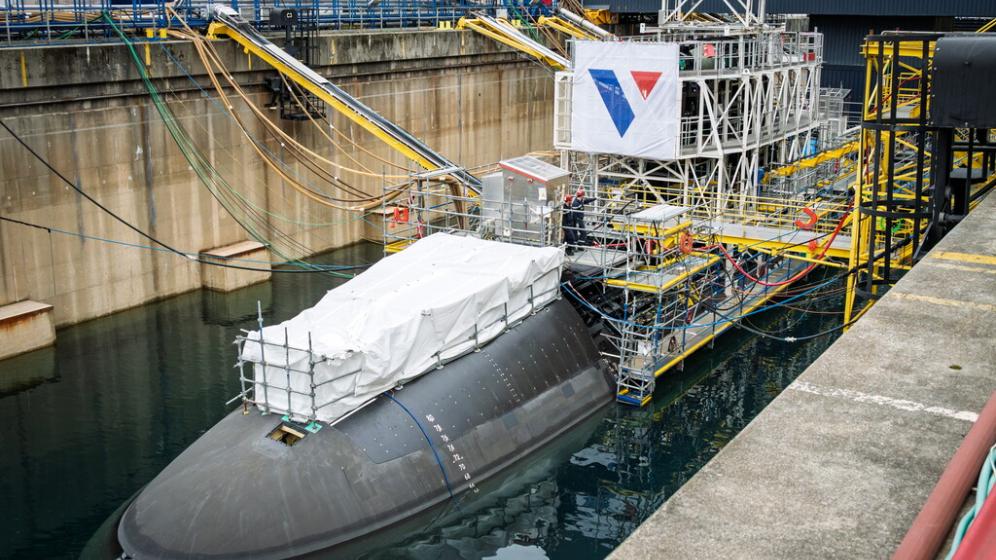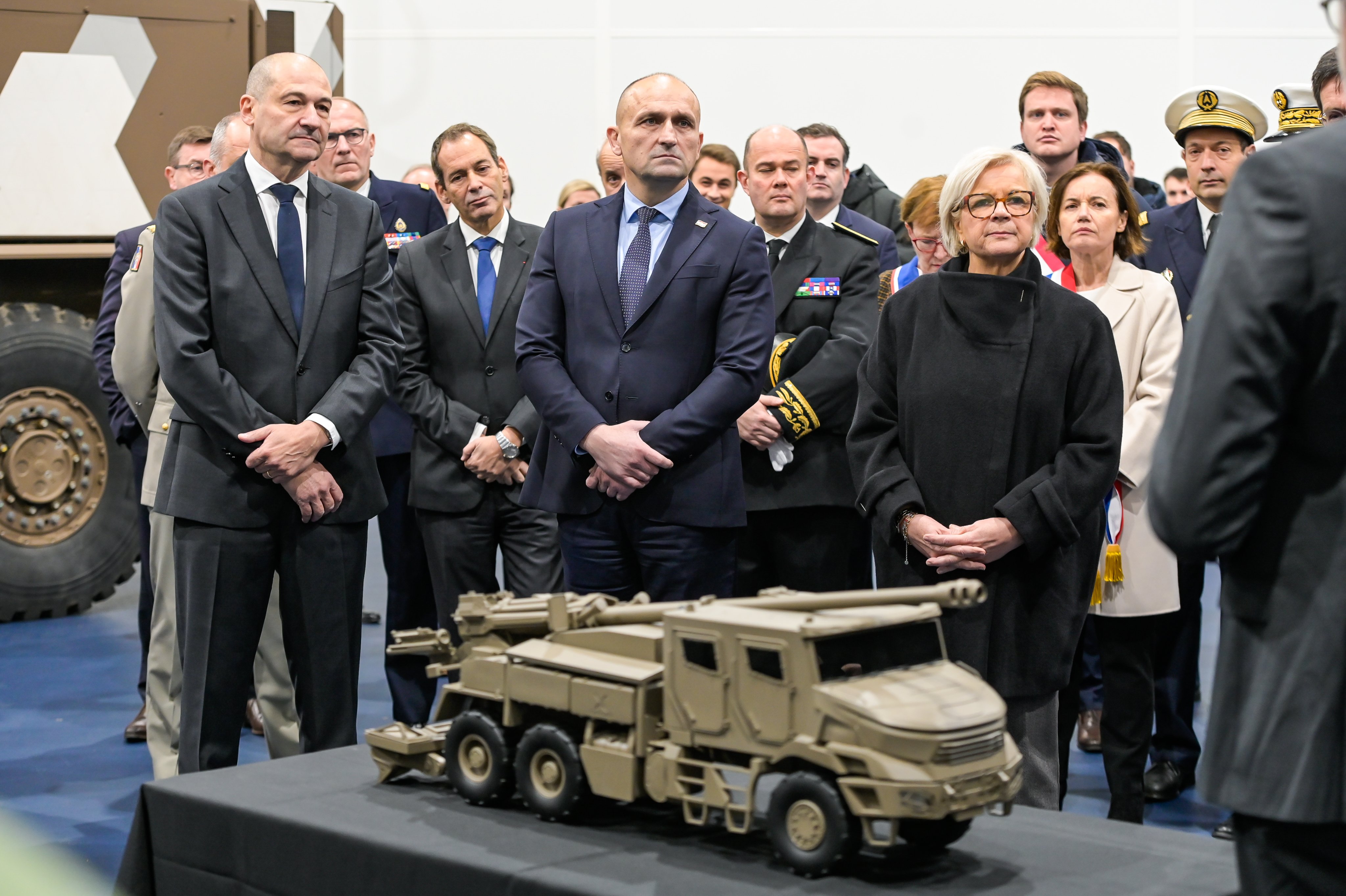L’analyse du conflit russo-géorgien suivant l’angle de la géopolitique met en évidence les gains stratégiques engrangés par la Russie. Ils mettent un frein à l’élargissement de l’Otan qui est responsable de la perception d’encerclement de la Russie. À l’échelle mondiale, ce conflit signifie l’entrée dans le monde multipolaire. L’Union européenne est directement concernée par cet affrontement entre la Russie et les États-Unis pour la constitution de zones d’influences sur le continent eurasien. Dans l’optique d’une « Europe politique », les intérêts de sécurité de l’Union européenne lui sont dictés par la géographie. La renonciation à l’élargissement de l’Union européenne et de l’Alliance atlantique répondrait aux impératifs de stabilité du continent afin d’ouvrir la voie à un nouveau système de sécurité eurasien.
Russie-Géorgie : première guerre du monde multipolaire
Russia-Georgia: the multipolar world's first war
An analysis of the Russia-Georgia conflict from a geopolitical point of view brings out the strategic gains pocketed by Russia. They have put a brake on NATO’s enlargement, which is responsible for Russia’s perception of encirclement. On a wider scale, the conflict represents the arrival of a multipolar world. The European Union is directly concerned by this clash between Russia and the United States over the forming of spheres of influence on the Eurasian landmass. From the perspective of a ‘political Europe’, the security interests of the Union are dictated by geography. Renunciation of the enlargement of the EU and the Atlantic Alliance would be a response to the imperatives governing the stability of the continent and would open the way to a new Eurasian security system.
Le conflit entre la Russie et la Géorgie illustre une constante que l’on oublie trop souvent dans les relations internationales, et deux nouveautés.
La maîtrise du territoire est facteur de puissance. C’est une constante des rapports de force internationaux. De nombreuses analyses privilégient le classement des acteurs du conflit entre les États démocratiques et ceux qui ne le sont pas, tandis que l’angle juridique insiste sur le respect ou le non-respect du droit international. Ces grilles de lecture sont souvent imprégnées d’idéologie et masquent les vrais enjeux. Une analyse du conflit selon la géopolitique est plus éclairante.
Le conflit confirme aussi la nouvelle centralité géopolitique que constitue l’Eurasie depuis la fin de la guerre froide. La Géorgie joue le rôle d’« État pivot » dans le Caucase, car le contrôle de son territoire permet d’exercer une influence décisive sur les questions géostratégiques, énergétiques et économiques du continent eurasien.
Il reste 92 % de l'article à lire
Plan de l'article


